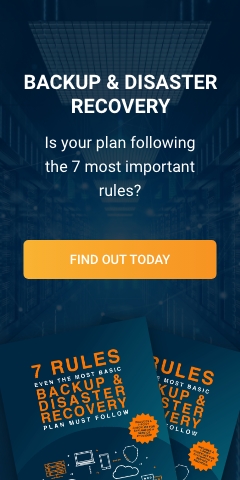Many employees have been working from home for more than a year now. If you want your own staff to return to the office but want to keep the perks that remote work offers, then you can adopt a hybrid work model instead. In this setup, your employees are allowed to work from home on some days and in the office at other times. It’s essentially a compromise that offers the best of both worlds.
However, implementing a hybrid work setup does entail several challenges involving factors like office space and your employees’ varying schedules. For instance, with some of your employees working from home, you’ll always have empty desks and unused office space. One way to address these challenges is by using the office hoteling approach.
What is office hoteling?
Conventionally, one employee is assigned a dedicated office desk. In office hoteling, an office desk can be used by multiple employees. Each desk is equipped with the bare minimum of what a user may need to perform their tasks. These include:
- Internet connection
- Power outlets for work devices like laptops, tablets, and smartphones
- Drawers for storage
- Printers, scanners, and landline or VoIP phones
Office hoteling is sometimes equated with hot desking — these two workspace systems are indeed similar in all but one key factor. In office hoteling, users are required to call the office and reserve a workspace in advance, just as one would book a hotel room. But in hot desking, reservations are not required. Rather, employees can just take any vacant desk on an ad hoc basis.
What are the benefits of office hoteling?
You should consider adopting office hoteling for the following reasons:
Space savings
Not having your entire staff in the office at the same time means you can operate with a much smaller office space, potentially allowing you to reduce rental and facility management costs as well. Alternatively, you can repurpose any unused space as a waiting area for guests, a room to house crucial equipment, or even a showroom for your products.
Maximized office resources
In conventional offices, employees don’t just have dedicated desks, but they have dedicated resources as well. For instance, an employee can have their own printer, telephone, printing paper, and others. With some of your people working from home, some of these dedicated equipment and office resources would be unused and even wasted.
Office hoteling allows you to make any unused resources available to everyone working in the office. This lets you get the most out of your equipment and prevents perishable resources, such as printer inks, from going to waste.
Less risk of congestion
Hot desking could be an alternative to office hoteling, but it offers no way for you to know just how many employees will work in the office. Therefore, there is always the risk of having more people than there are available desks.
Office hoteling addresses this issue by requiring users to reserve desks beforehand, as long as there are available ones. This lets you avoid overcrowding and frustrated employees who arrive only to find out that they have no desk to work at.
For staff, the freedom to choose
Some of your employees perform better when they work in specific areas of the office. Creatives, for instance, may like areas that give them access to outside scenery. Office hoteling gives your staff the freedom to reserve the desks where they are most motivated and productive.
Enhanced collaboration
Office hoteling helps prevent information silos by making it possible for employees from different departments to sit next to and communicate with each other. This may help them get to know and understand one another’s role in the company, paving the way for smoother collaborations.
The post-pandemic way of working requires businesses to be as flexible as possible. Office hoteling and hybrid work support this need for flexibility by helping businesses save money and resources and giving employees more options for productivity and collaboration.
On that note, both office hoteling and hybrid work can only be successful if your company has fully functional IT systems. That is, you don't want employees to reserve workspaces, only for them to arrive and find broken computers or wonky network connections. Our specialists at [company_short] have what it takes to address and prevent IT issues before they can affect your operations. Contact us today to learn more.


